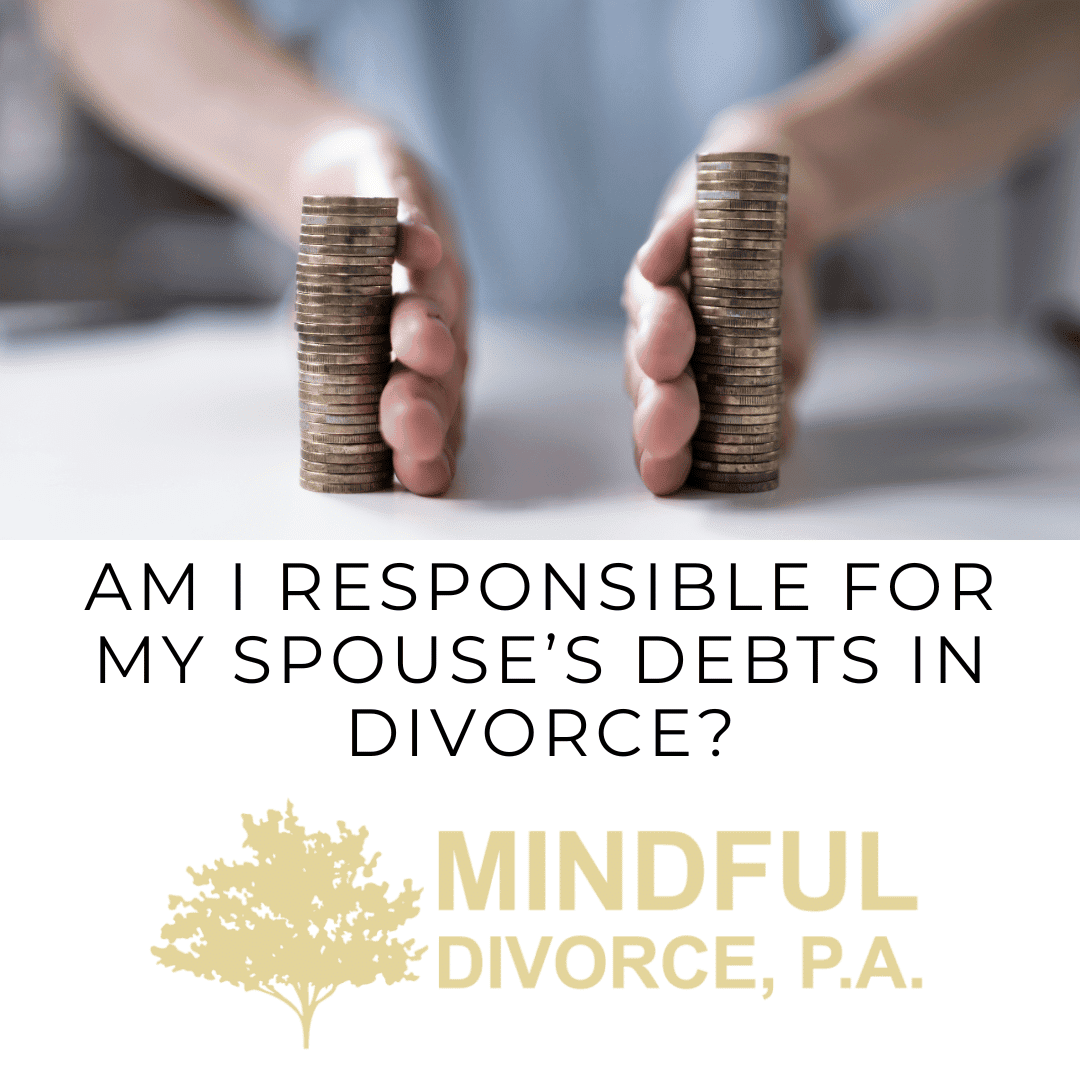 Florida law defines a marital asset to be: An asset that is acquired during your marriage:
Florida law defines a marital asset to be: An asset that is acquired during your marriage:
- individually by you OR your spouse; or
- an asset that is acquired jointly by you and your spouse. See Florida Statute 61.075, Equitable Distribution.
In my experience, asking about the classification of an asset is really asking, “What should I expect to receive in the event of a divorce?”
“What Does A Fair Divorce Settlement Look Like For Me?”
This is a question that almost everyone that has ever been through a divorce asks at some point during their divorce process. I would suggest that the earlier this question is asked, the better.
The answer to this question takes time and experienced legal professionals to provide you with assistance.
One of the first orders of business to help you determine what a fair settlement looks like under the unique circumstances of your marriage is for your Collaborative Divorce Attorney and your Financial Neutral to help you and your spouse gather important information about your marriage.
1. When Were You Married?
This is many times the date that we will look to determine what assets and liabilities were acquired during your marriage. It is important to remember that generally it does not matter which of your names the asset or liability is held under.
An example of a marital asset gained after you were married may be a home or a vehicle or stocks that you or your spouse purchased after you were married. These assets will generally be marital assets that we must identify, value, and work to distribute in an equitable and fair manner as part of your divorce settlement agreement.
2. Contribution to Pre-Marital Assets
Did you or your spouse create additional value in any of the assets that you owned before you were married?
Generally, when you own an asset prior to your marriage and it is held in your name alone, it will be considered your pre-marital asset. This is an asset that you held before your marriage, and that you may decide not to equitably split with your spouse.
However, if you expended effort or monies during your marriage to help this pre-marital asset increase in value, the enhancement in the value to that asset during your marriage is likely a Marital Asset. This active appreciation of the asset resulting from your efforts or contribution of monies during the marriage will likely be considered an asset in your divorce settlement agreement.
An example of this type of active appreciation is an investment property that you owned before you were married, and kept in your name alone during your marriage.
In the event that you invested time or money into this property during your marriage, the increase in the value of the property during the time you were married will likely be a marital asset. For example, if your investment property was worth approximately $400k before your marriage, and it increased $100k during your marriage, the $100k appreciation is likely a marital asset.
The $400k that the property was worth before you were married may remain your non-marital asset.
3. Passive Appreciation
Did you or your spouse own a financial investment account before your marriage?
If you kept this account in your name alone, and you didn’t invest monies into this account during your marriage, then it is likely that the increase in value of your account during your marriage will not be split with your spouse.
Under this example, you didn’t invest time or money into your pre-marital investment account. Instead, you owned a $100k Vanguard retirement account before you were married. You received annual statements on this account, and watched it grow. The account is now worth $500k at the time of your divorce. The entire account, including funds invested before your marriage and the passive appreciation during your marriage will likely be considered your non-marital asset that you may decide not to split with your spouse in your divorce settlement agreement.
Mindful Divorce, P.A.
If you, or a friend of yours, has questions about how to put your children’s best interest first in your divorce in Palm Beach County, we are here to help.



